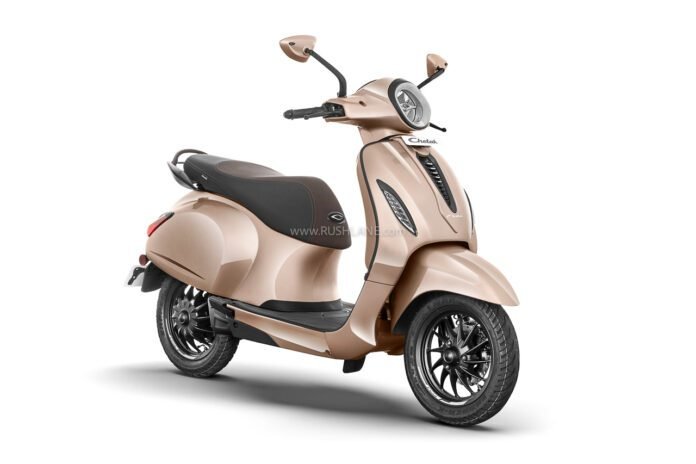According to Moneycontrol.com, many Electric Two-Wheeler manufacturers have declared significant price reductions on their models to gain market share for EVs. Bookings increased when Ola Electric, under the leadership of Bhavish Aggarwal, dropped pricing on its S1 Pro, S1 Air, and S1X+ models by up to ₹25,000. Ather Energy also dropped the cost of its 450S model by ₹20,000. Bajaj Auto’s Chetak scooter is currently offered at more affordable pricing points in the middle of this competition.
According to the data, compared to the same month last year, sales in the E2W sector increased by 26% to 81,608 units in January. Even so, electric scooter sales remain very small, making up only 4.5 percent of the total two-wheeler market.
Sale of electric and petrol-driven scooters
Even though E2Ws are now more reasonably priced, popular gasoline scooter models like the TVS Jupiter, Suzuki Access, and Honda Activa still top sales lists. Because consumer preferences are changing and purchase decisions are complex, experts predict that the impact on petrol scooter sales will be minimal.

While scooter prices are a significant consideration, other elements that affect consumer choices in the electric vehicle market include the ecosystem as a whole, vehicle performance, and the availability of charging infrastructure.
Obstacles facing the EV sector
Inadequate infrastructure for charging electric vehicles is one of the major obstacles the business faces, according to the report. A few more obstacles include range anxiety and comparatively higher acquisition prices when compared to cars that run on gasoline.
Some EV manufacturers have reduced the prices of their entry-level models by 15–17% in order to address these issues. Various variables, including declining battery costs, cost optimization tactics, more localization, and vertically integrated in-house technology, are being attributed by industry analysts to the price reductions. It is anticipated that more localization initiatives, declining battery costs, and ongoing government subsidies will improve the EV industry’s long-term sustainability.


